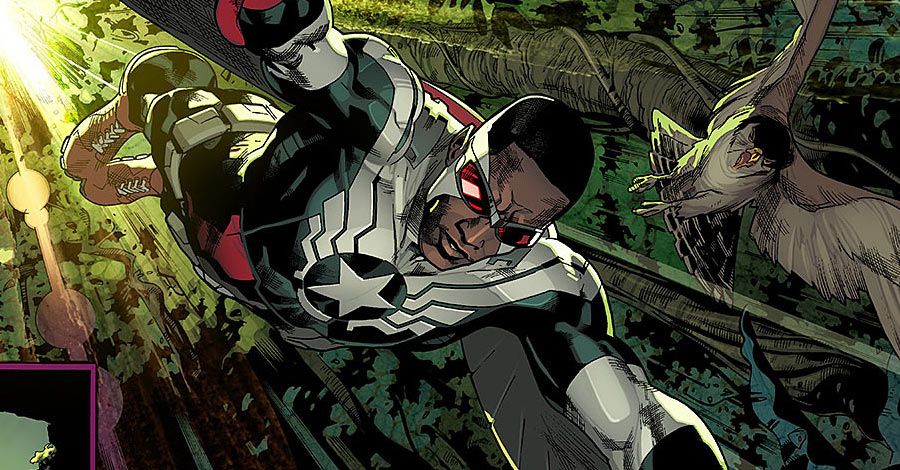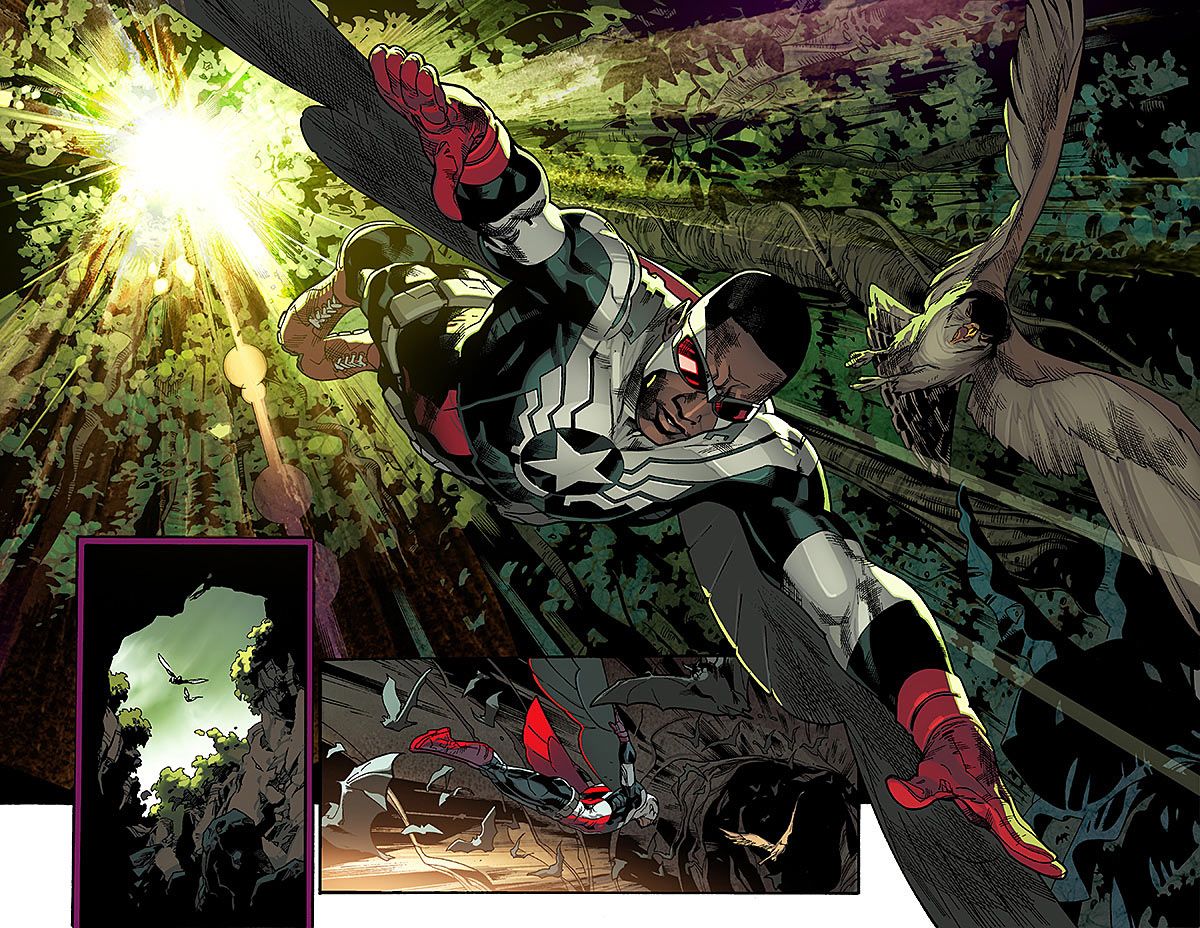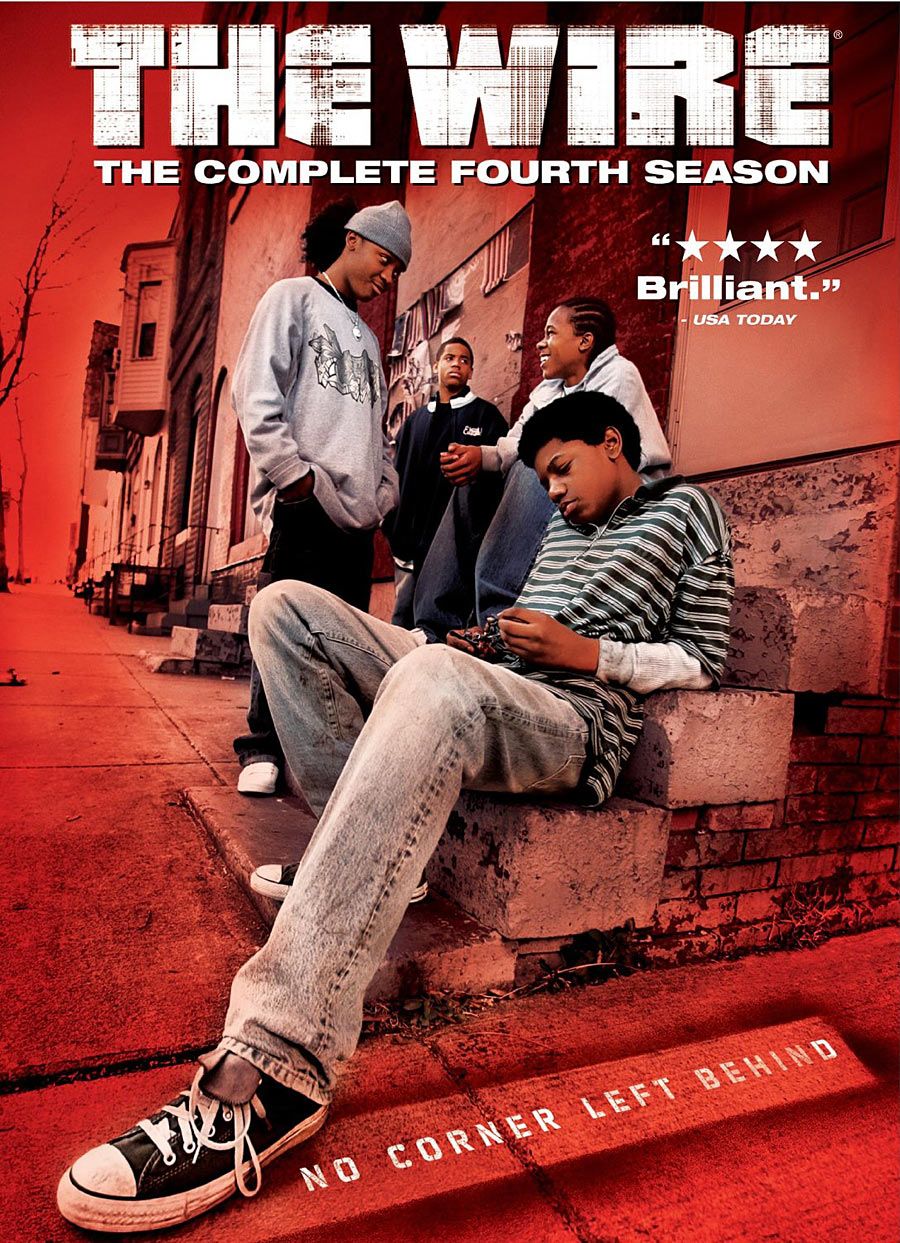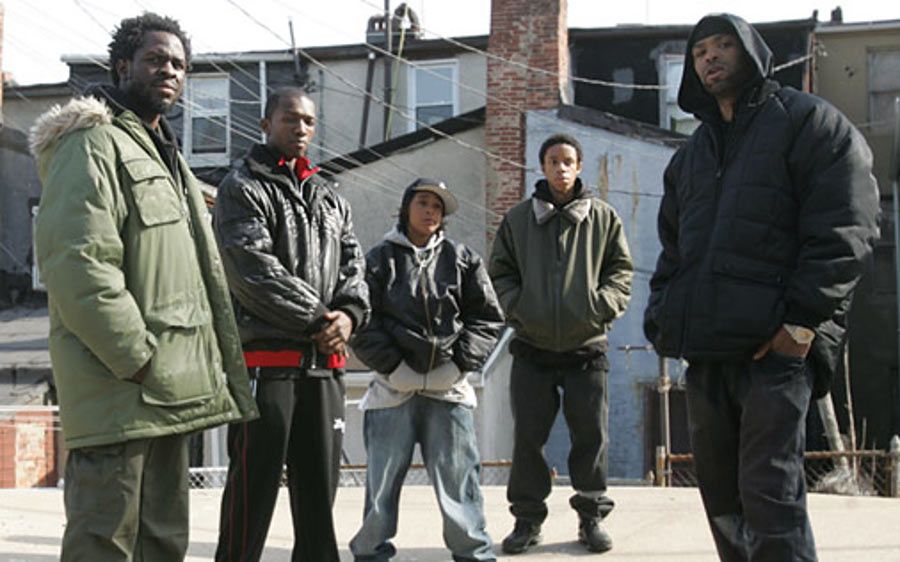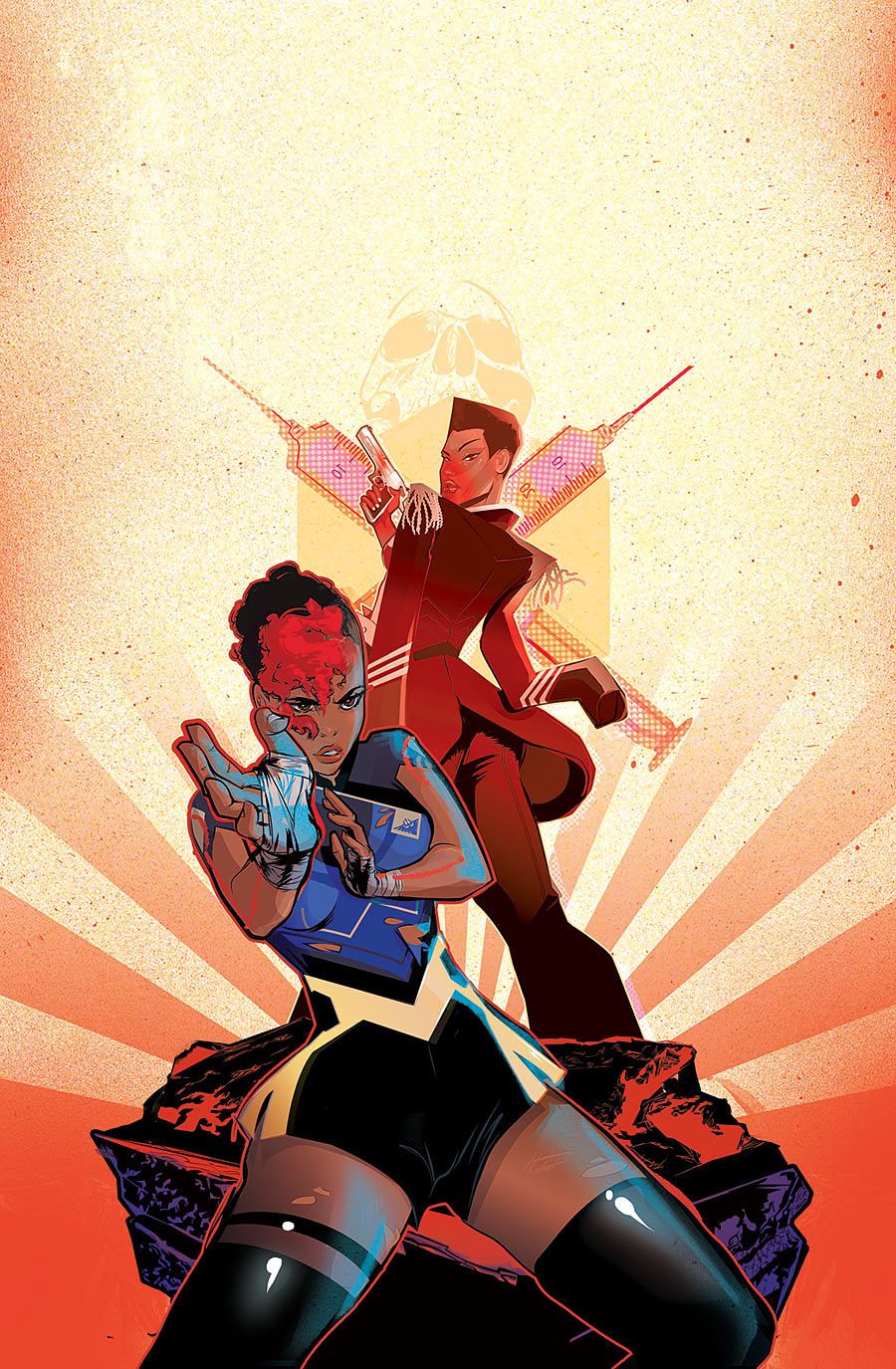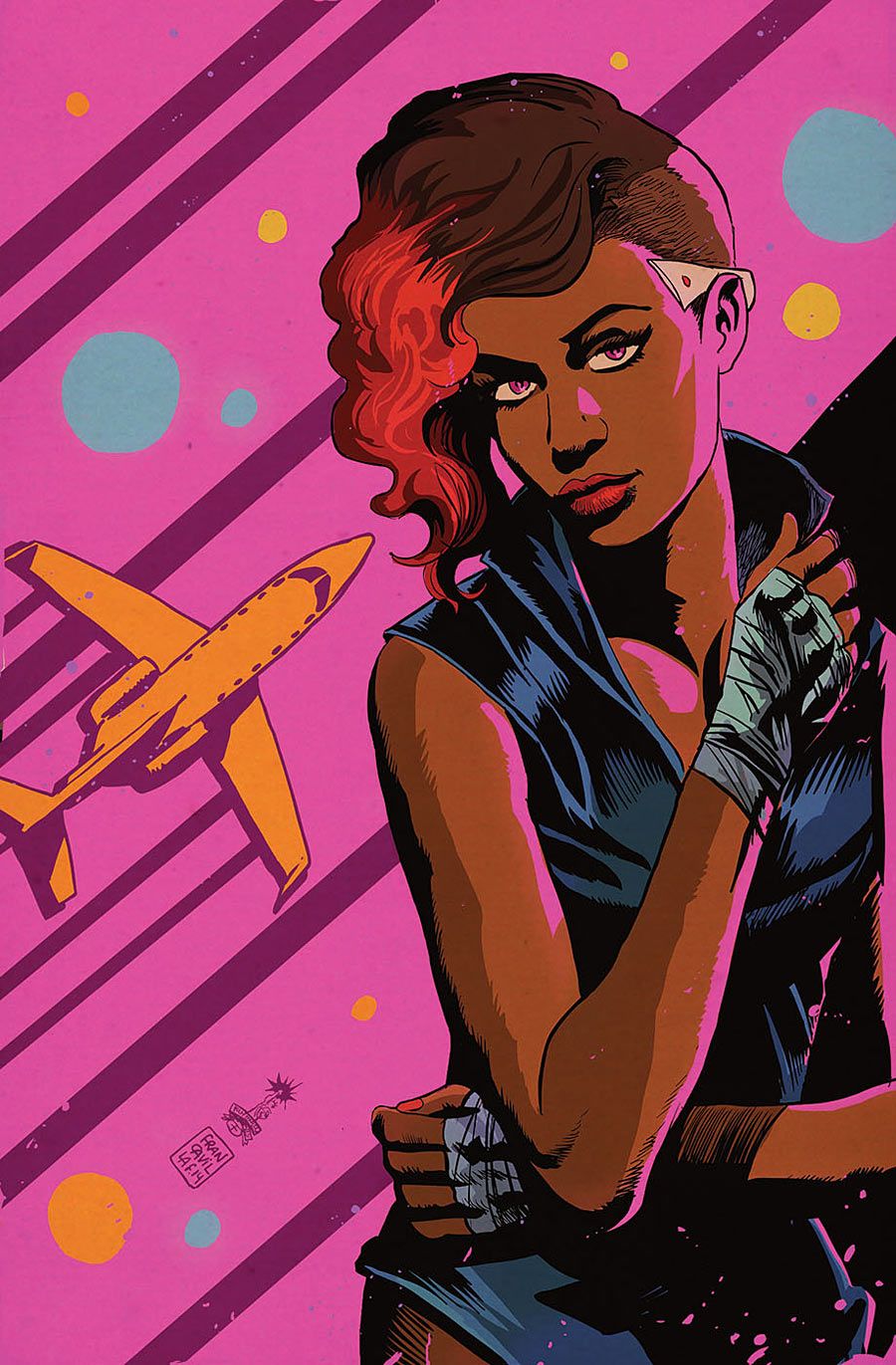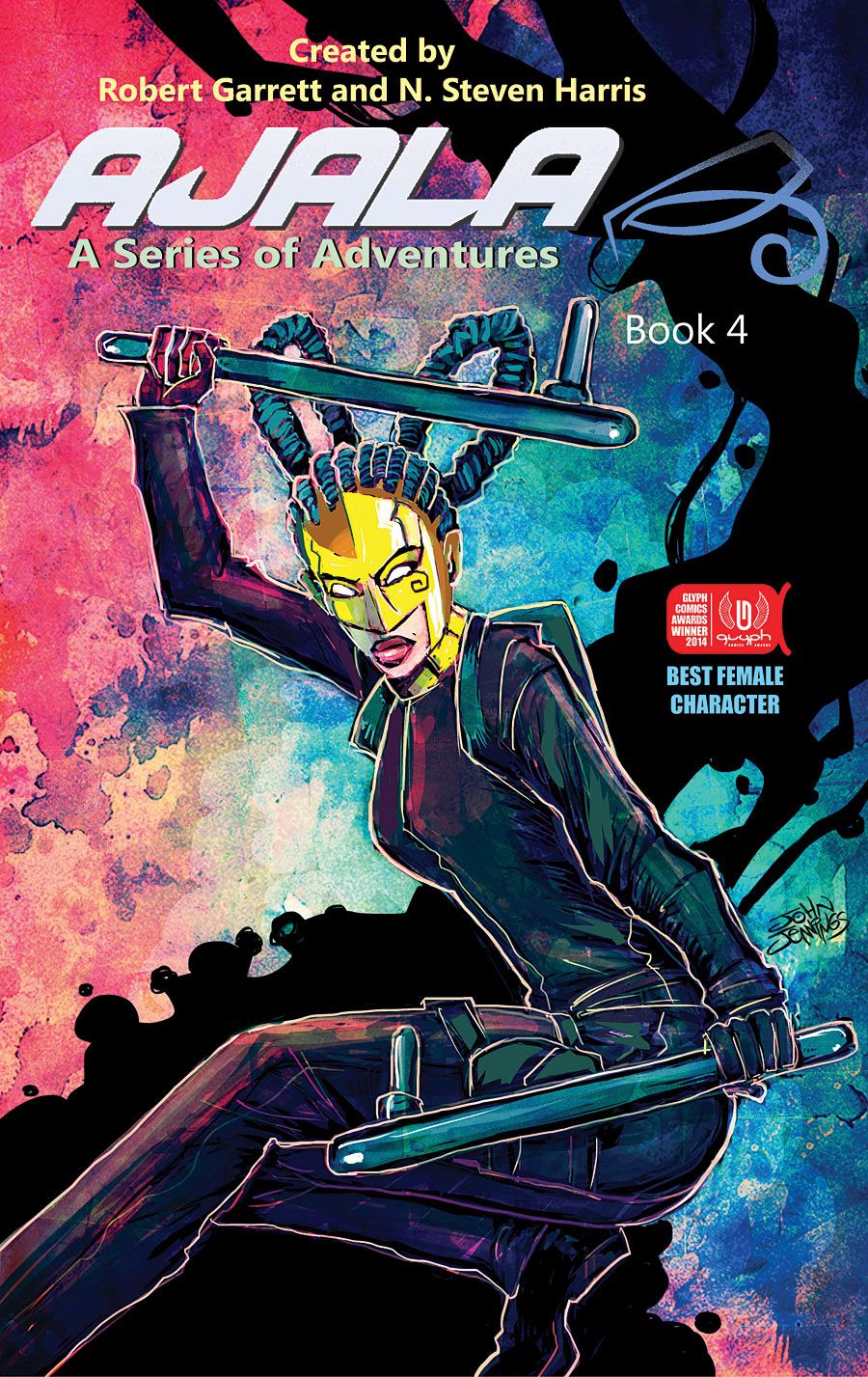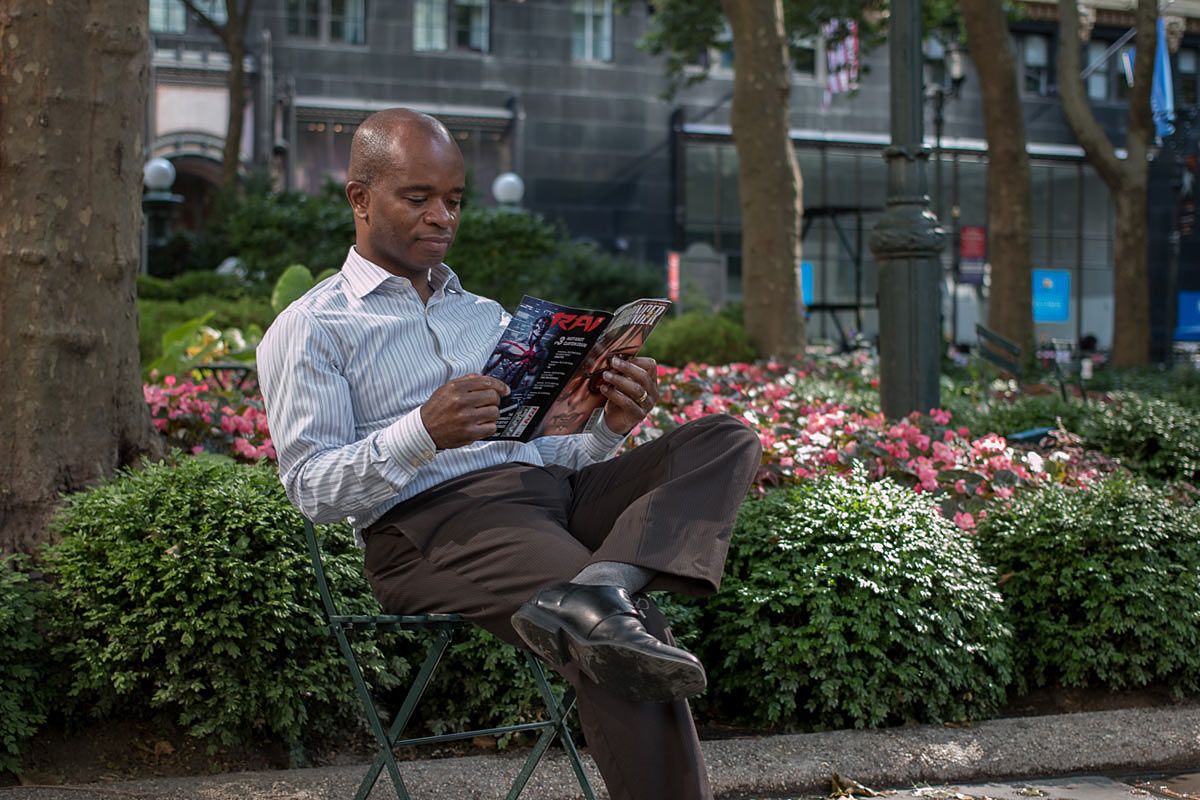THE MISSION is a weekly column spotlighting diversity in comic books, graphic novels, and popular entertainment.
Over the holiday season, I visited New York City's Forbidden Planet store and looked for a copy of "All-New Captain America" #1, featuring the eventful series debut of Sam Wilson, a Black superhero formerly known as The Falcon, in his new identity of Captain America.
They were out of stock, so I'll have to snag a copy elsewhere.
Originally, I decided not to buy the book for various reasons, but I've since changed my mind on the subject. It's a new year, so I'm going to go in reverse on various decisions and the stubbornness that went along with them.
"All-New Captain America", about one of 2014's most publicized Black heroes, is written by Rick Remender, who is not Black.
I don't know if any Black writers were asked to write "All-New Captain America." My guess may not coincide with fact, so I'll keep it to myself.
I'm not going to make this a polemic on non-Black writers writing Black characters, because the dialogue on that subject may very well be reaching its golden years.
That said, I would have preferred a Black writer handling this book.
Recently, I was one of various guests on a BBC4 Radio feature titled "The Changing Voices of the Comic Book World", in which diversity in American superhero comics was discussed. Kudos for British celebrity and producer Lenny Henry for making that feature happen. A portion of my commentary on the issue made it to air, so I'll give you the gist of my expanded statement on the new Captain America.
I talked about how, as a Black man in America, I am hyper-aware when in the presence of police officers, especially during these turbulent times and the fever pitch of relations and injustice regarding Black men and police action. I went further and said let's take that idea and extrapolate. How does Sam Wilson, a Black man wearing an American flag, think when he is in the presence of police officers?
When he is in the presence of S.H.I.E.L.D., a government agency with the ultimate police officers?
How authentic is his internal narrative, his train of thought, his preparedness for negotiation... or action?
I talked about my feelings that a Black writer could and likely would get that mindset correct, because he would be living it, every day, in this nation. I said that the best-intentioned White writer is likely to give it a good shot but miss nuances which would truly inform the characterization of a Black man as an American flag-draped icon former White superhero.
That was the full extent of my statement on BBC4 Radio on a Black Captain America and his story not being written by a Black man.
Now, of course, there are exceptions. For me, the most notable one is the HBO series, "The Wire."
Created by David Simon, some of the best and most memorable episodes/seasons in the series were written, in part, by crime novelists Dennis Lehane and George Pelecanos. None of the three men I cited are Black, and certainly there were more writers on "The Wire" who were not Black, but the series was so rich with characterization, a sense of gravitas, and excellent writing... that it rang true.
"The Wire" is considered by various well-respected professionals in the media and storytelling circles to be one of the best television series to hit American television in a considerable amount of time.
But "The Wire" is a rare case, and many times characterizations of Black people by writers who are not Black ends up missing something. It's not an insult. It's true.
Despite that, I have fully engaged the fact that the American comic book industry is not going to experience profound transformation at the drop of a dime. Evolution is rarely accelerated in any context. There will not be enough opportunities afforded to Black writers from the two major comic book companies for some time, and so the majority of stories from those companies about Black superheroes will quite likely be penned by White writers.
So one of the things I sincerely want this year...is for "All-New Captain America" and Rick Remender to, by virtue of effort and execution, prove me wrong.
I want it to be the next "The Wire."
I want it to ring true.
I want it to be one of the best-written superhero comic books this year.
I want to read it and be blown off my legs by its verisimilitude.
Because until I hear an announcement from Marvel Comics about a new series or project with a prominent Black character written by a Black writer, I am considering "All-New Captain America" to be the best effort on Black superheroes to come from them for some time, and as an admirer of well-written work, I want this to be more than it can be.
I want it to be what it should be.
Groundbreaking and historical... on more fronts than those visible on the surface.
I'll be buying every issue, and I'll be ready at the series' end for a thorough and detailed post-mortem analysis.
Two other heroes I'm looking forward to following the chronicles of this year are:
"Lady Danger: International Agent of B.O.O.T.I." -- Coming in the "Grindhouse" series of books published by Dark Horse Comics, created by writer Alex de Campi and illustrator Afua Richardson, Lady Danger is a badass, superhuman super-spy with looks, intellect, and immeasurable courage.
Blaxploitation meets the techno-thriller and action genres in a miniseries which may very well redefine the iconic Black female super hero, especially if the sales for Marvel Comics' "Storm" series keep going south and the publisher decides to cancel the title.
Alex and Afua are unique talents in comics, and the fluid bomb effect of their collaboration is going to be a work of quality as only they can do it.
"Ajala: A Series of Adventures" -- Created by writer Robert Garrett and illustrator N. Steven Harris, Ajala is a 16-year-old member of the C.S.C., a covert group of empowered citizens using their resources to save American communities with the help of their chosen field operatives.
Ajala is a Black teenager operating as a protector and vigilante in the streets of Harlem, New York, while dealing with the struggles of a young person coming to terms with extraordinary responsibility, growing up, and fighting her insecurities while learning about her legacy.
Her story is part of the narrative of the Black American female teenager.
I've been following "Ajala: A Series of Adventures" since issue #1, and the story serves as a more authentic example of Black youth than I've seen in comic books being produced by the two major comic book publishers.
The industry needs more heroes of color, and more female heroes, so the growth and sustention of Sam Wilson as Captain America, and the adventures of two Black female heroes will certainly get my attention.
Hopefully, they'll get yours, as well.
Joseph Phillip Illidge is a public speaker on the subjects of race, comics, and the corporate politics of diversity. In addition to his coverage by the BBC and Publishers Weekly, Joseph has been a speaker at John Jay College of Criminal Justice, Digital Book World's forum,, Digitize Your Career: Marketing and Editing 2.0, Skidmore College, Purdue University, on the panel "Diversity in Comics: Race, Ethnicity, Gender and Sexual Orientation in American Comic Books," and at the Soho Gallery for Digital Art in New York City.
Joseph is the Head Writer for Verge Entertainment (www.verge.tv), a production company co-founded with Shawn Martinbrough, artist for the graphic novel series "Thief of Thieves" by "The Walking Dead" creator Robert Kirkman, and video game developer Milo Stone. Verge has developed an extensive library of intellectual properties for transmedia development. Live-action and animated television and film, video games, graphic novels, and web-based entertainment.
His latest project is "The Ren," a 200-page graphic novel about the romance between a young musician from the South and a Harlem-born dancer in 1925, set against the backdrop of a crime war and spotlighting the relationship between art and the underworld. "The Ren" will be published by First Second Books, a division of Macmillan.

